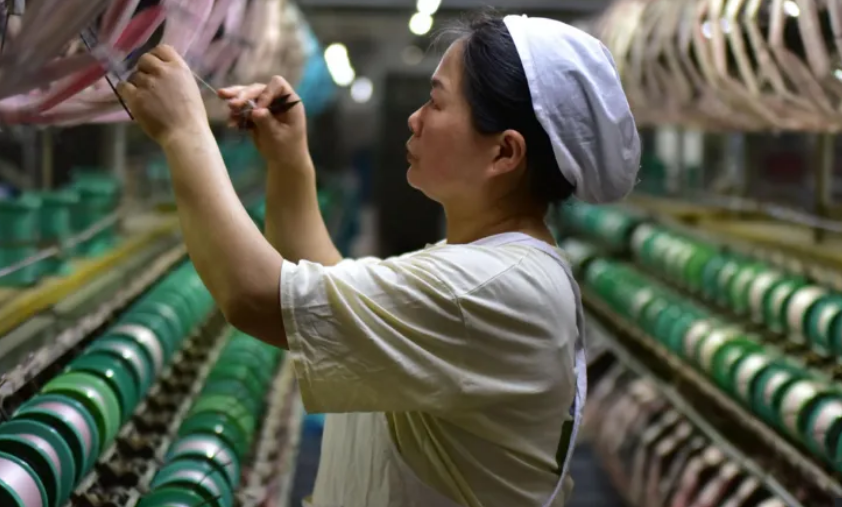China has issued a strong warning to nations considering trade deals with the United States that could undermine Beijing’s economic interests, as escalating tensions between the world’s two largest economies threaten to draw in a broader circle of countries.
The Chinese Commerce Ministry responded sharply to reports that Washington is urging its allies to limit trade with China in return for exemptions from new US tariffs. “Appeasement cannot bring peace, and compromise cannot earn one respect,” a ministry spokesperson said. “China firmly opposes any party reaching a deal at the expense of China’s interests. If this happens, China will never accept it and will resolutely take countermeasures.”
The comments echo warnings from Chinese state media, including an editorial in China Daily that cautioned the European Union against siding with Washington to “appease” American demands.
Since returning to office in January, President Donald Trump has revived his hardline trade policies, imposing steep tariffs on Chinese imports—some reaching as high as 145%. Last week, his administration announced that combined with existing duties, certain Chinese goods could face levies of up to 245%. In response, China has imposed tariffs of up to 125% on US products and vowed to “fight to the end.”
While the trade war between the US and China deepens, other nations are being pulled into the fray. Japan’s top tariff negotiator, Ryosei Akazawa, met with President Trump in Washington last week to begin discussions. South Korea is set to launch similar talks this week. India, meanwhile, is facing a 26% US tariff rate unless it strikes a deal during upcoming meetings between Vice President JD Vance and Prime Minister Narendra Modi.
Vance has also indicated progress on a potential agreement with the UK, saying there’s a “good chance” of a trade deal being reached with Prime Minister Keir Starmer’s government.
Trump’s administration argues that the tariffs are designed to boost domestic manufacturing and increase revenue. However, critics warn that repatriating production will take years and could strain the US economy in the short term. Despite this, Trump has claimed that more than 70 countries have expressed interest in negotiating trade terms with the US.
In a surprise move earlier this month, the White House paused most of its new tariffs—excluding those on China—for 90 days after backlash from lawmakers and market analysts.
As trade tensions ripple through global markets, nations now face a delicate balancing act: preserving critical economic ties with both the United States and China, without becoming collateral in a rapidly intensifying dispute.


